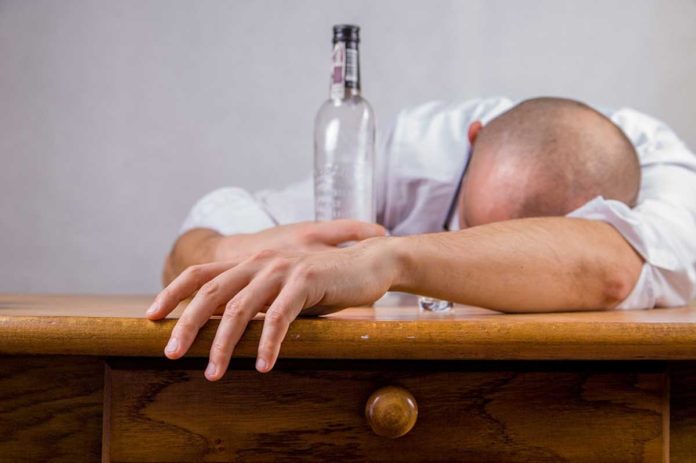How do you order your drinks? Beer before wine or wine before beer?
Well, it really does not matter if you drink too much. You will still experience a hangover- a cluster of unpleasant symptoms that manifest after a person has consumed an excessive amount of alcohol.
Importantly, hangover disturbs your productivity, impaired performance (including missing work or academic underperformance) and even risk to daily tasks such as driving or operating heavy machinery.
The symptoms vary from person to person- appears when the alcohol level in the blood has diminished significantly or is almost nil. Yet, the term is not properly understood- though it is thought that their underlying causes include dehydration, our immune response, and disturbances of our metabolism and hormone.
Currently, there are no effective hangover remedies – instead, societies appear to rely on folk remedies (such as ‘hair of the dog’) and old folk sayings. Such sayings exist in numerous languages: other examples in English include “Grape or grain, but never the twain”, while Germans claim “Wein auf Bier, das rat’ ich Dir—Bier auf Wein, das lass’ sein” and the French say “Bière sur vin est venin, vin sur bière est belle manière”.
There is little proof accessible to help or negate these sayings, in this way, to put a conclusion to this uncertainty, specialists at Witten/Herdecke University in Germany and the University of Cambridge in the UK assessed scientifically whether or not this time-honored wisdom genuinely decreases hangover burden.
Ninety participants aged 19–40 years- 50% female, were recruited and split in three groups. The first group consumed around two and a half pints of beer followed by four large glasses of wine. The second group consumed the same amounts of alcohol but in reverse order. Subjects in the third, control group consumed either only beer or only wine.
The enormous quality of this examination was its crossover design: after seven days, members in study groups one and two were changed to the contrary drinking order. Control group subjects who drank just beer the time around received just wine on the second investigation day (and the other way around). Along these lines, the groups were contrasted with one another, yet every member was their very own control, as well.
Members were then asked about their prosperity at regular interims and were asked to pass judgment on their perceived level of drunkenness on a scale somewhere in the range of 0 and 10 toward the finish of each examination day. Before hitting the hay at the investigation site, all members got an individualized measure of refrigerated drinking-water custom fitted to their body weight. All volunteers were held under medicinal supervision medium-term.
They were later asked about their hangover and given a score from 0-56 (the so-called Acute Hangover Scale) based on factors including thirst, fatigue, headache, dizziness, nausea, stomach ache, increased heart rate and loss of appetite.
Scientists found that none of the three groups had a significantly different hangover score with different orders of alcoholic drinks. Women tended to have slightly worse hangovers than men. While neither blood and urine tests, nor factors such as age, sex, body weight, drinking habits, and hangover frequency, helped to predict hangover intensity, vomiting and perceived drunkenness were associated with a heavier hangover.
First author Jöran Köchling from Witten/Herdecke University said, “Using white wine and lager beer, we didn’t find any truth in the idea that drinking beer before wine gives you a milder hangover than the other way around.”
“The truth is that drinking too much of any alcoholic drink is likely to result in a hangover. The only reliable way of predicting how miserable you’ll feel the next day is by how drunk you feel and whether you are sick. We should all pay attention to these red flags when drinking.”
Dr Kai Hensel, a senior clinical fellow at the University of Cambridge and senior author of the study, adds: “Unpleasant as hangovers are, we should remember that they do have one important benefit, at least: they are a protective warning sign that will certainly have aided humans over the ages to change their future behaviour. In other words, they can help us learn from our mistakes.”
Dr Hensel says that there were two main reasons for carrying you the study. “Firstly, a clear result in favor of one particular order could help to reduce hangovers and help many people have a better day after a long night out – though we encourage people to drink responsibly. Unfortunately, we found that there was no way to avoid the inevitable hangover just by favoring one order over another.”
“But this study was also about showing, in a public-friendly manner, how a rigorously-conducted study can provide a solid answer to a specific question and be engaging at the same time. We hope it will help inspire the next generation of young doctors and researchers to be engaged in a research-driven environment.”
The study is published in the American Journal of Clinical Nutrition.
